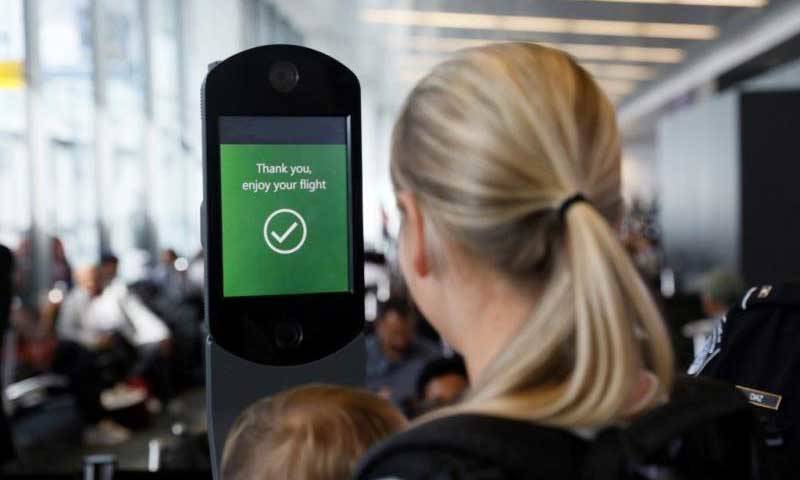
Orlando Airport Turns Switch on Face-Scanning Tech for Travelers
Orlando International Airport is the first in the country to require that all international passengers use biometric screening technology when they go through customs. The tech could speed up the customs process but is not without controversy.
If you’re an international traveler flying into Orlando, Florida, anytime in the near future, get ready for your close-up.
U.S. Customs and Border Protection (CBP) has set up Orlando International Airport—a major waypoint for both leisure and business travelers, thanks to Walt Disney World and an array of events that take place in the region—to be the first U.S. airport where all international passengers will be required to use facial identification technology when they go through customs.
CBP has been running pilot programs at 13 international airports in the United States. Orlando is the first to move past the pilot stage and require the technology to be used for all international travelers entering the country.
In comments to CNN, Jennifer Gabris, a CBP spokeswoman, said the goal was to increase security without infringing on privacy rights.
“A name-based system, by itself, cannot verify the identity of persons presenting travel and identity documents,” Gabris said. “The best tool to combat this fraud is to biometrically verify that a person who presents a travel document is the true bearer of that document.”
The move drew the support of the U.S. Travel Association, which said that beyond the security benefits, facial identification technology will speed up the customs process.
“Passengers traveling to and from Orlando will immediately enjoy a more efficient screening process and shorter wait times,” U.S. Travel CEO Roger Dow said to USA Today. “This is also a win for our national security, as it provides an accurate way to identify individuals while combating the use of falsified documents.”
The American Civil Liberties Union, which has opposed similar measures in the past, expressed concern about the reliability and use of the biometric data that the technology collects.
“There’s a real lack of clarity about how the data is stored and used,” the ACLU’s senior legislative counsel told CNN.
(U.S. Customs and Border Protection)






Comments